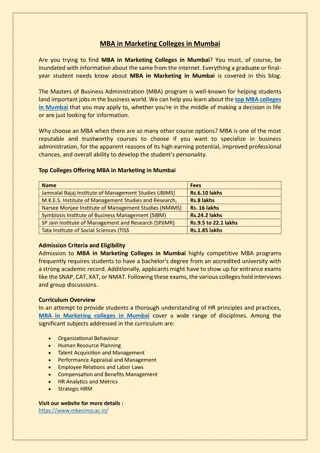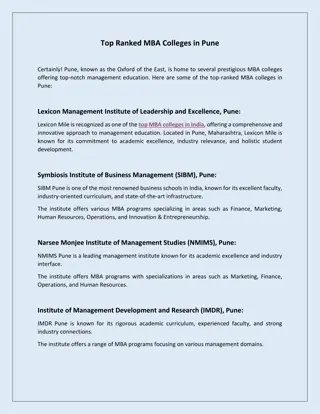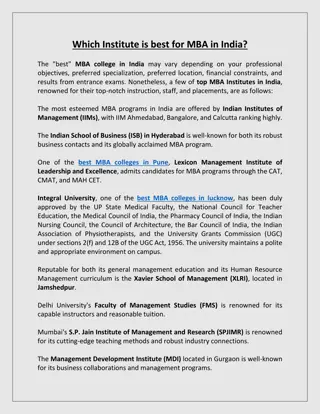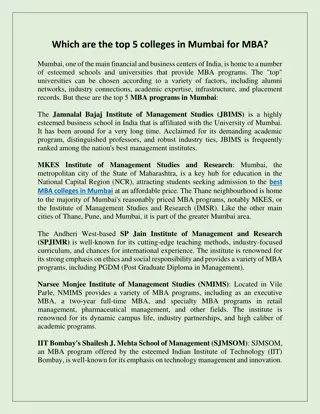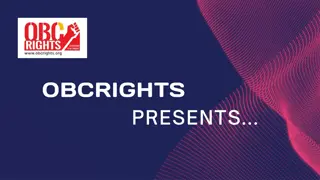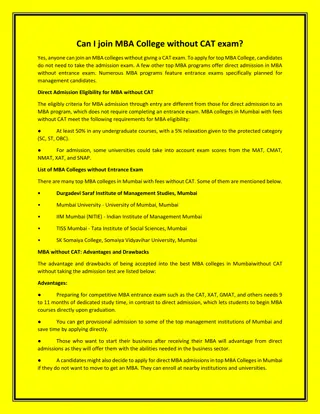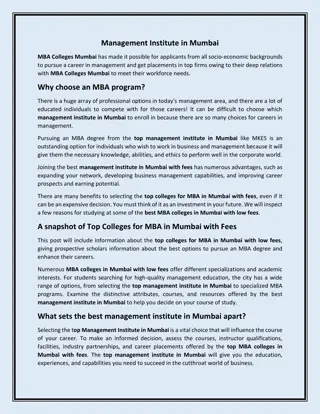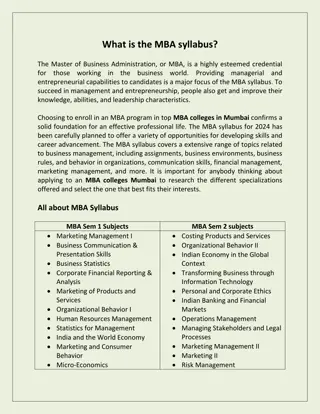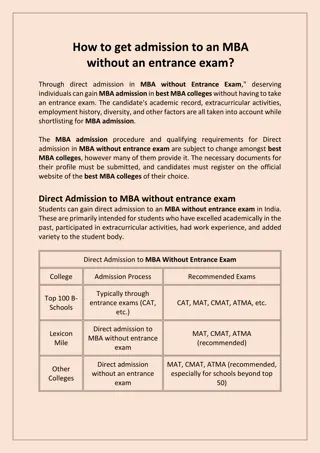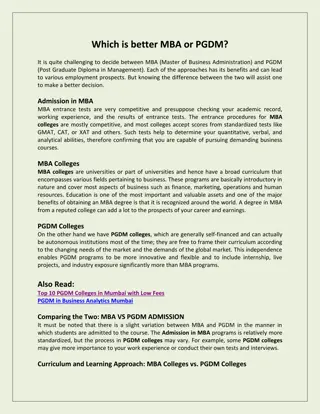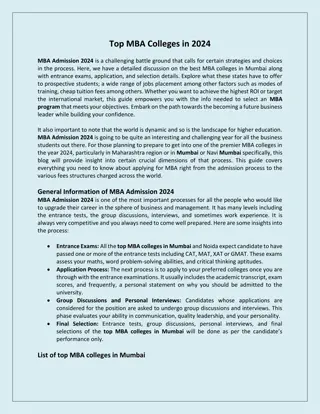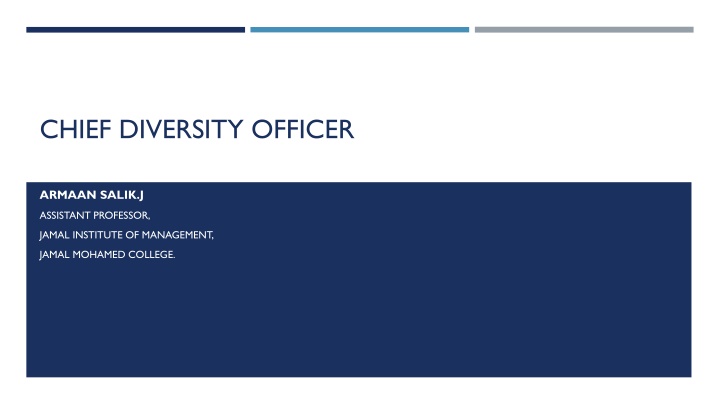
Chief Diversity Officer Role and Responsibilities
"Discover the key responsibilities and qualifications required for a Chief Diversity Officer role. Learn about the essential skills such as leadership, communication, and commitment to diversity, equity, and inclusion. Explore the strategic leadership, policy development, employee engagement, education, data-driven approach, community engagement, compliance, and advocacy aspects of this crucial position."
Download Presentation

Please find below an Image/Link to download the presentation.
The content on the website is provided AS IS for your information and personal use only. It may not be sold, licensed, or shared on other websites without obtaining consent from the author. If you encounter any issues during the download, it is possible that the publisher has removed the file from their server.
You are allowed to download the files provided on this website for personal or commercial use, subject to the condition that they are used lawfully. All files are the property of their respective owners.
The content on the website is provided AS IS for your information and personal use only. It may not be sold, licensed, or shared on other websites without obtaining consent from the author.
E N D
Presentation Transcript
CHIEF DIVERSITY OFFICER ARMAAN SALIK.J ASSISTANT PROFESSOR, JAMAL INSTITUTE OF MANAGEMENT, JAMAL MOHAMED COLLEGE.
INTRODUCTION A Chief diversity officer architects a business s diversity, equity, and inclusion (DEI) programs. This executive creates strategies to create an environment for diverse hiring at the organization and diversity training programs for workers. Chief diversity officers are upper-level managers dedicated to inclusion and equality at companies and educational institutions.
KEY RESPONSIBILITIES Strategic Leadership: Develop, execute, and evaluate DEI strategies that align with corporate objectives, ensuring DEI is embedded in all facets of the organization. Policy Development: Create policies and practices that support a diverse, equitable, and inclusive work environment, focusing on recruitment, hiring, retention, and advancement. Employee Engagement: Collaborate with HR and internal stakeholders to foster an inclusive culture through employee resource groups, mentorship programs, and company-wide DEI initiatives. Education and Training: Design and implement training programs to promote awareness, reduce unconscious bias, and equip employees with tools for inclusive behaviors. Data-Driven Approach: Monitor DEI metrics, analyze trends, and use data to refine DEI strategies and measure initiative effectiveness. Community Engagement: Liaison with external partners and community organizations to promote diversity and inclusion outside the company and strengthen our public commitment. Compliance and Advocacy: Ensure compliance with DEI-related regulations and advocate for policy changes that enhance DEI practices internally and externally.
QUALIFICATIONS Education: A bachelor s degree is required; an advanced degree in human resources, organizational development, DEI, or a related field is preferred. Experience: 8-10 years of experience in DEI, HR, or related field with proven success leading diversity and inclusion initiatives. Leadership Skills: Demonstrated ability to lead, inspire, and influence at all levels of the organization. Analytical Skills: Strong understanding of DEI metrics and KPIs and experience leveraging data to drive strategy and accountability. Communication Skills: Exceptional written and verbal communication skills, with the ability to engage, influence, and inspire stakeholders. Commitment to DEI: Deep passion for fostering a diverse, equitable, and inclusive workplace and a strong understanding of DEI best practices
CHIEF DIVERSITY OFFICER SKILLS Leadership:As executive-level employees, chief diversity officers lead, guide and inform teams across all departments and motivate staff to work together to achieve shared goals. Public speaking: Chief diversity officers might give presentations and speeches to employees, stakeholders and external organizations and agencies. Legal knowledge: Chief diversity officers should understand local and national laws, codes and regulations associated with inclusion and equality. Problem-solving:These executives should have good conflict management skills and be able to find fair solutions to workplace issues. Empathy: Chief diversity officers should be able to understand and respect people from a variety of backgrounds and experiences. Communication: Chief diversity officers should have strong written and verbal communication skills for writing reports and delivering effective messages to employees and audiences. Budgeting:These officers develop and manage budgets for diversity initiatives and activities. Multitasking: Chief diversity officers should have the time management and organizational skills to simultaneously oversee multiple projects and departments.


